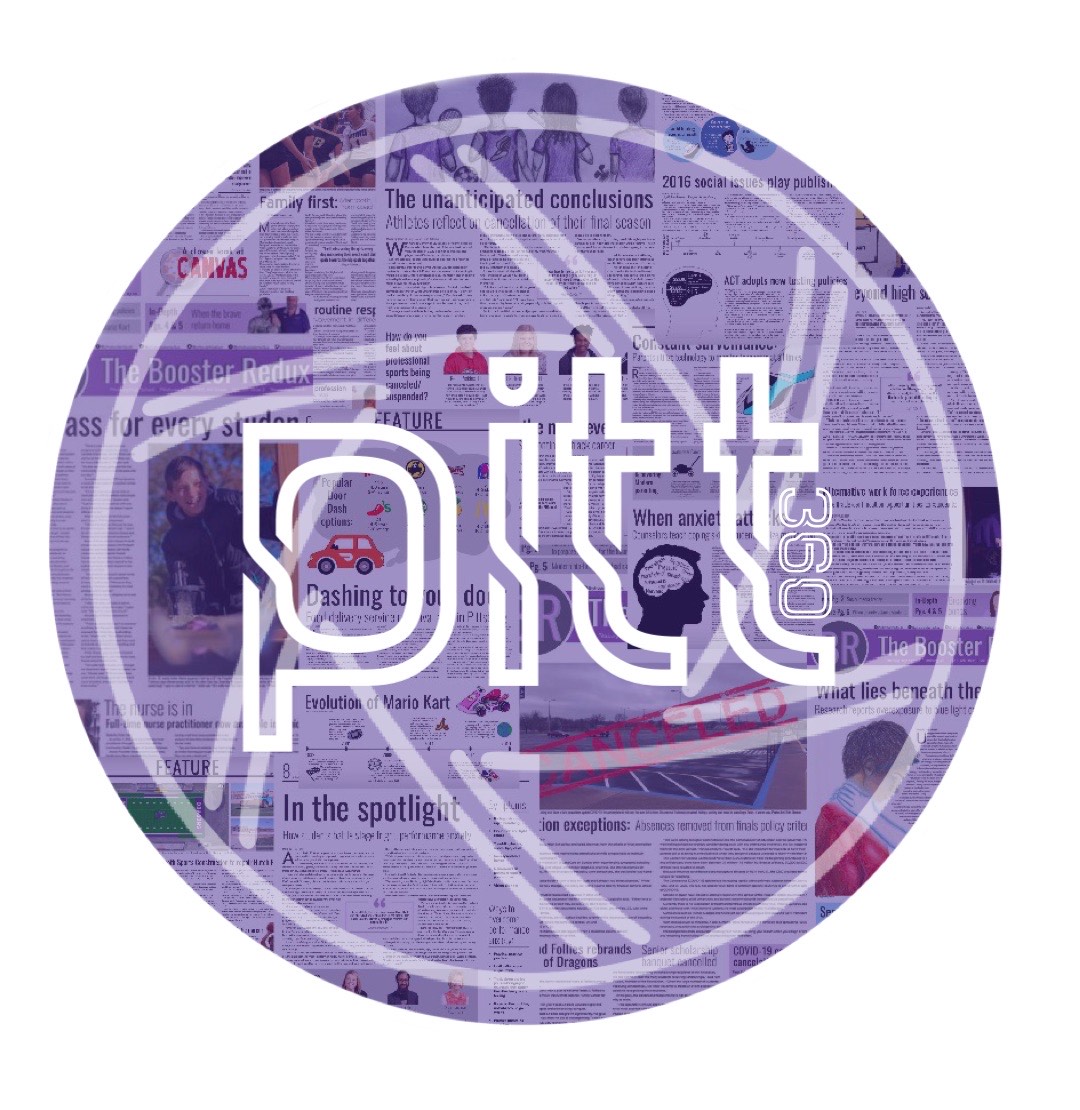When the brave return home: the aftermath of active service and those left behind
An American flag drapes over a wall. A mannequin is dressed in fatigues and battlefield gear while the corner of his office is decorated with pictures of comrades and memories from his time of service in Iraq and Afghanistan.
Chuck Boyles, teacher and technical theatre director, sees the 22 years he served as a civil duty.
“We actually have people who have served in the military here in the school who might want a little less notoriety because they felt that they were just doing their jobs,” Boyles said. “I know it’s sometimes difficult, it’s difficult for me to be the center of attention on [Veterans Day]. You kind of feel like a lot of eyes are upon you.”
Gary Wolgamott, social science teacher and army officer of 12 years, says Veterans Day has been depreciated.
“[Students] have grown up in an environment in which we have been at war somewhere continuously. And so therefore, it has become a routine part of our society,” Wolgamott said. “Second thing is that I think we tend to like to be positive. And to think of fighting and people dying, we tend to like to kind of compartmentalize that off to the side.”
In 1938, Armistice Day was passed as a national holiday to commemorate the anniversary of World War I’s conclusion. Armistice Day would eventually be labeled as Veterans Day to honor all veterans, living and dead, who served during peace or war time.
National Honors Society (NHS) and Wolgamott, organization sponsor, organized this year’s Veterans Day assembly to honor local veterans.
In preparation for the assembly, NHS reached out to veterans in the community in addition to veterans in the school. Each veteran had a student escort for the assembly, was recognized by name and was invited to attend a reception after the assembly.
“The purpose [of Veterans Day] is to recognize those individuals who have served above and beyond their normal duties as a citizen to defend, or to protect our freedoms and civil liberties,” Wolgamott said. “It’s just like Fourth of July. How many kids grew up thinking it’s firecracker day with no true understanding of what the Fourth of July really stands for? We see a parades and we see all sorts of stuff and the TV channels show all kinds of movies, but we really don’t address the true meaning of Veterans Day.”
Junior Blake Harrison says his father’s time of service in the National Guard has taught him to respect the holiday.
“To me, [the most important thing] is appreciation. All of the modern things that we have, we probably wouldn’t have right now if we didn’t have people fighting for us,” Harrison said. “It’s just crazy that people were dying every day for people like us, everyday people, who don’t really acknowledge the fact that there are wars going on.”
Every year, junior Rose Scott observes Veterans Day alongside her parents, who are both veterans.
“Patriotism isn’t just agreeing with everything that’s happening in the United States,” Scott said. “It’s fighting for a better United States. It’s fighting for democracy and fighting for freedoms and fighting for equality, and not just equality in the sense of equality in the government, but also just disagreeing with the government when something is wrong.”
Wolgamott encourages people to remember the purpose of the holiday.
“I probably hear it probably 50 times a week or so, I’ll have somebody say ‘Thank you for your service’ and I think that has become a catchphrase. We don’t know how to express ourselves to veterans,” Wolgamott said. “The big thing is, be sincere. Most veterans that I’ve talked with aren’t expecting to receive a lot of recognition. So we need to step forward and we need to develop a better understanding of Veterans Day and what it means.”
